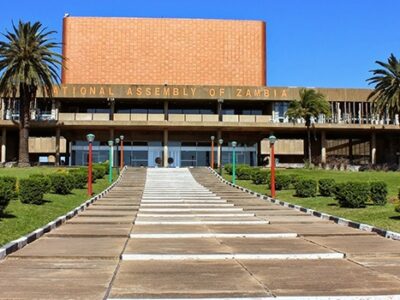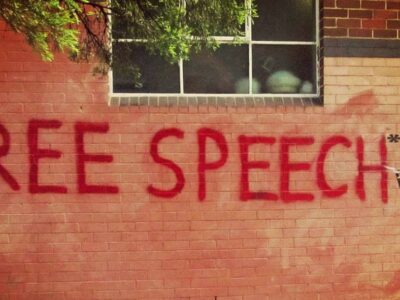The media landscape in Zambia has faced uncertainty since the country restored democratic governance in the early 1990s.
Despite promising initial steps to liberalise the media under the late President Frederic Chiluba’s government in the mid-1990s, achieving these objectives has proven difficult in the years that followed.
Successive governments have shown increasing aversion towards free and independent media, opting instead to enhance regulatory measures.
In 2021, the United Party for National Development (UPND) government enacted the Cyber Security and Cyber Crimes Act, aimed at tackling digital crime.
While the Act prohibited the interception of communications in most cases, it allowed law enforcement officers to intercept communications when there are reasonable grounds to believe that a crime had been committed.
In May this year, the government announced plans to require licensing of online media, sparking concern among rights activists who argued that this move infringed on freedom of expression and speech.
The government had stated that it would revise the Independent Broadcasting Authority (IBA) Act to regulate online broadcasting and podcasts.
Read more: Between sustained pressure and govt push back over Zambia’s democratic space, by Hannet Mwimbe
Although officials insist that licensing online media was intended to protect citizens and victims of cybercrimes, activists warn that such a move could curtail the right to freedom of expression.
Levy Sianseke, founding president of the Internet Society Zambia Chapter, noted that the Cyber Security and Cyber Crimes Act could contribute to shrinking the country’s digital media space.
Sianseke raised concerns that these laws may reduce media freedom, especially for digital platforms.
“This will make it difficult to hold the government accountable for delivering services. Internet penetration has also contributed to low access to digital media. Internet penetration has been dropping, and high data costs have affected digital penetration,” Sianseke said.
However, government Chief Spokesperson, Cornelius Mweetwa, maintained that the proposed law would assist in combating cybercrime, coordinating cybersecurity matters, developing relevant skills and promoting the responsible use of social media platforms.
“The government does not intend to introduce any legislation intended to stifle citizens’ enjoyment of their freedoms of expression and speech on social media,” Mweetwa stated.
The existing IBA Act prohibited broadcasting any services to the Zambian public without a license.
The Ministry of Information and Media Permanent Secretary, Thabo Kawana, emphasized the government’s commitment to establishing a regulatory framework for journalists, aligning their professional standards with those of other regulated professions such as lawyers, medical doctors and public relations practitioners.
“It is the government’s desire for a regulatory body for journalists to align with other regulated professions like lawyers, medical doctors and public relations practitioners,” Kawana added.
Despite these assurances from the government, stakeholders remain concerned about the potential for these regulations to shrink Zambia’s digital media space, raising ongoing questions about the future of free expression in the country.
WARNING! All rights reserved. This material, and other digital content on this website, may not be reproduced, published, broadcast, rewritten or redistributed in whole or in part without prior express permission from ZAMBIA MONITOR.












Comments